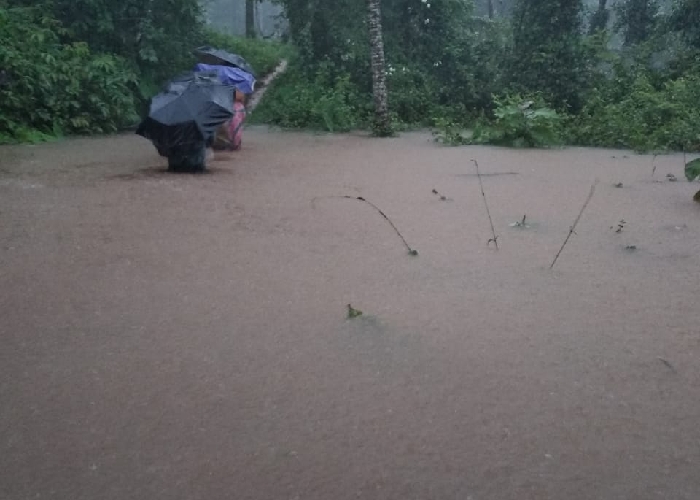Ahmedabad, Jan 12: Union Home Minister Amit Shah on Saturday unveiled over 5.5 lakh postcards written by Ahmedabad residents to Prime Minister Narendra Modi, thanking him for the Citizenship (Amendment) Act.
The postcards were stacked on the dais as Shah addressed a gathering of BJP workers who formed letters `C A A’ in front of him.
The state BJP claimed that the party’s “largest awareness campaign” in support of the CAA had found a place in Limca Book of Records and World Record of India.
“It is not just words but a letter of thanks written from the heart. Our public outreach programme is a reply to the lies being spread against the CAA,” Shah said addressing BJP workers from his former Assembly constituency Naranpura.
The BJP had promised to enact the CAA in its manifesto, he said, asking why the Congress did not oppose it then.
Targeting Rajasthan Chief Minister Ashok Gehlot, Shah said, “Congress has a government in Rajasthan. The Congress party in that state had promised that Hindus and Sikhs from Pakistan would be given citizenship.
“Why do you oppose it when we fulfill the promise made by you?” the Union home minister asked.
“In 2006 and 2009, Ashok Gehlot wrote a letter for the same. We covered Hindus, Sikhs, Parsis, Christians, all of them under the Act, you had only mentioned Hindus and Sikhs,” Shah claimed.
Saying that Prime Minister Narendra Modi, by bringing in the CAA, granted “human rights to lakhs of people”, he asked why opposition was against it.
He challenged “Rahul Baba” (Congress leader Rahul Gandhi), Mamata Banerjee and Arvind Kejriwal to show if any provision of the CAA took away the citizenship of Indian Muslims.
“There is no such provision. Lakhs and crores of people have come to India from Pakistan, Bangladesh to save their religion, their self-respect, to save themselves. Where else will they go?” he asked.
“From the first prime minister of the country Jawaharlal Nehru to the first home minister, first president of the country, and Mahatma Gandhi himself had said that whoever comes to India from Pakistan will be granted citizenship. Hindus, Sikhs, Buddhists and Jains coming from Pakistan have nowhere else to go,” he said.






Comments
From this figure its clear that most of BJP mebers are aganst CAA, Becuase its below 0.5% from Indian population.
Add new comment